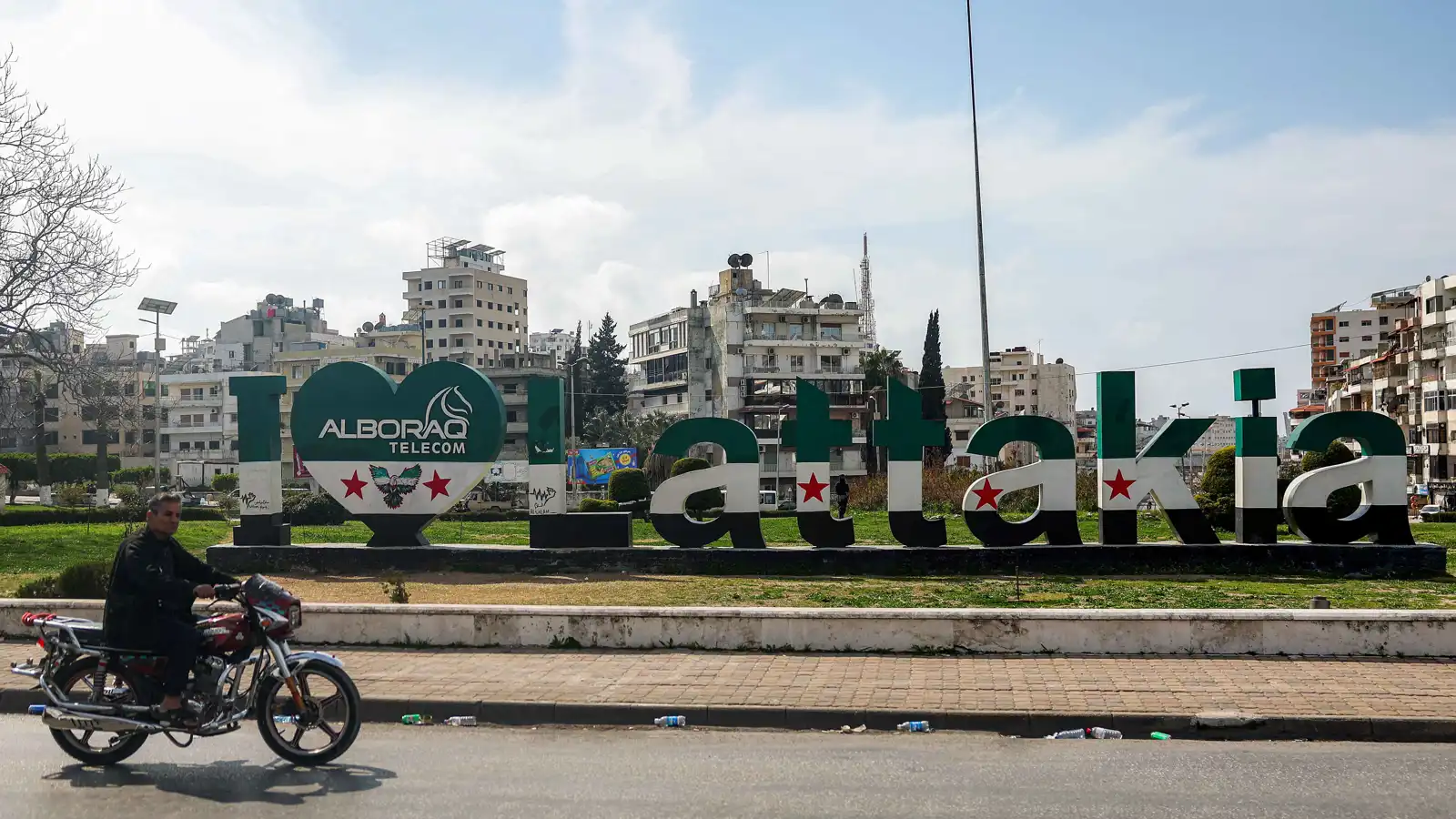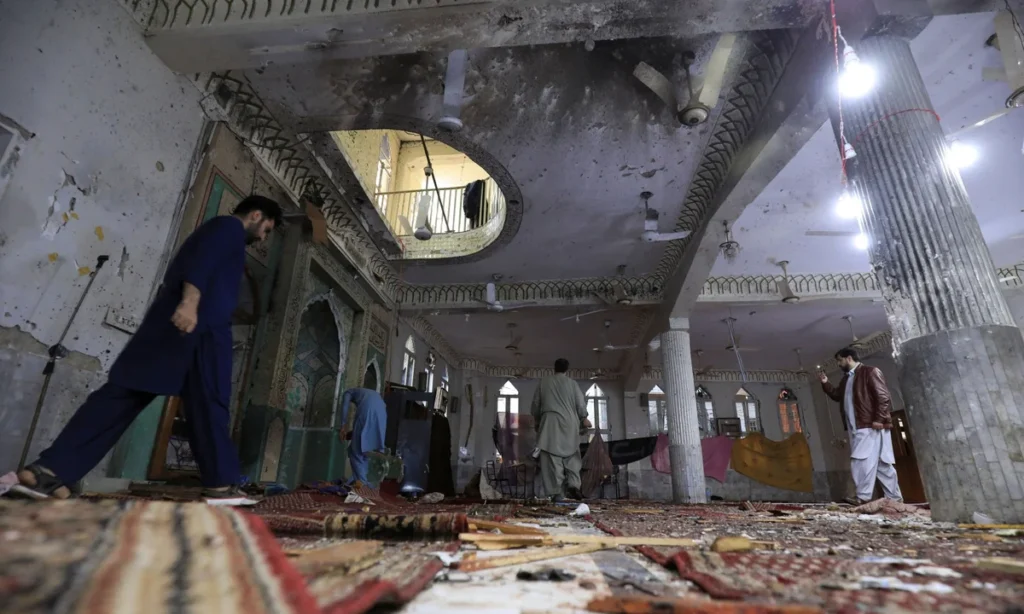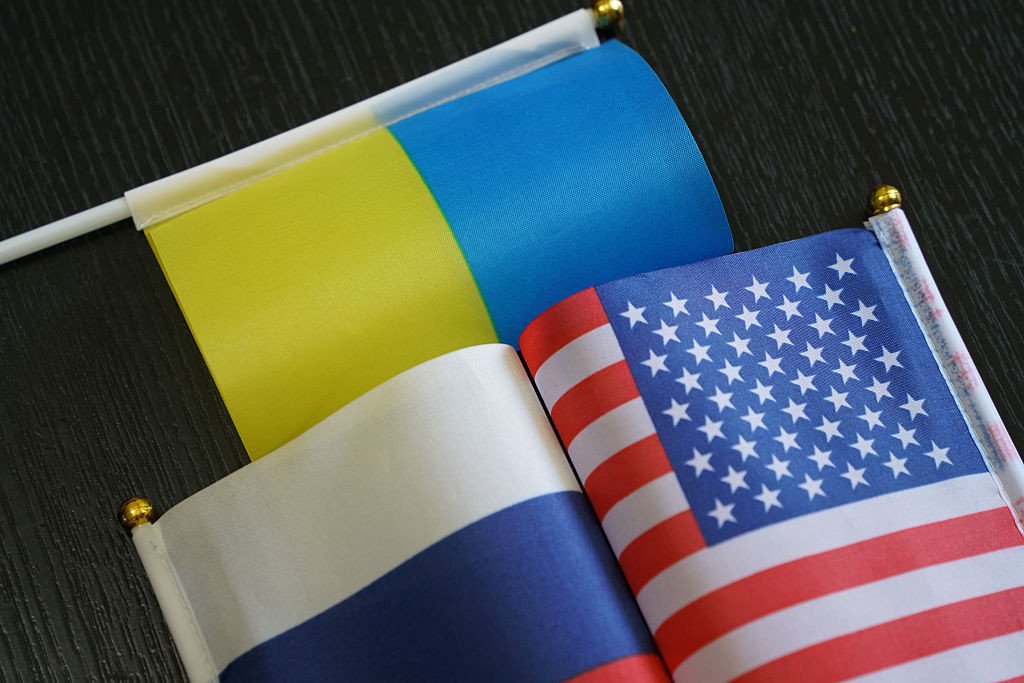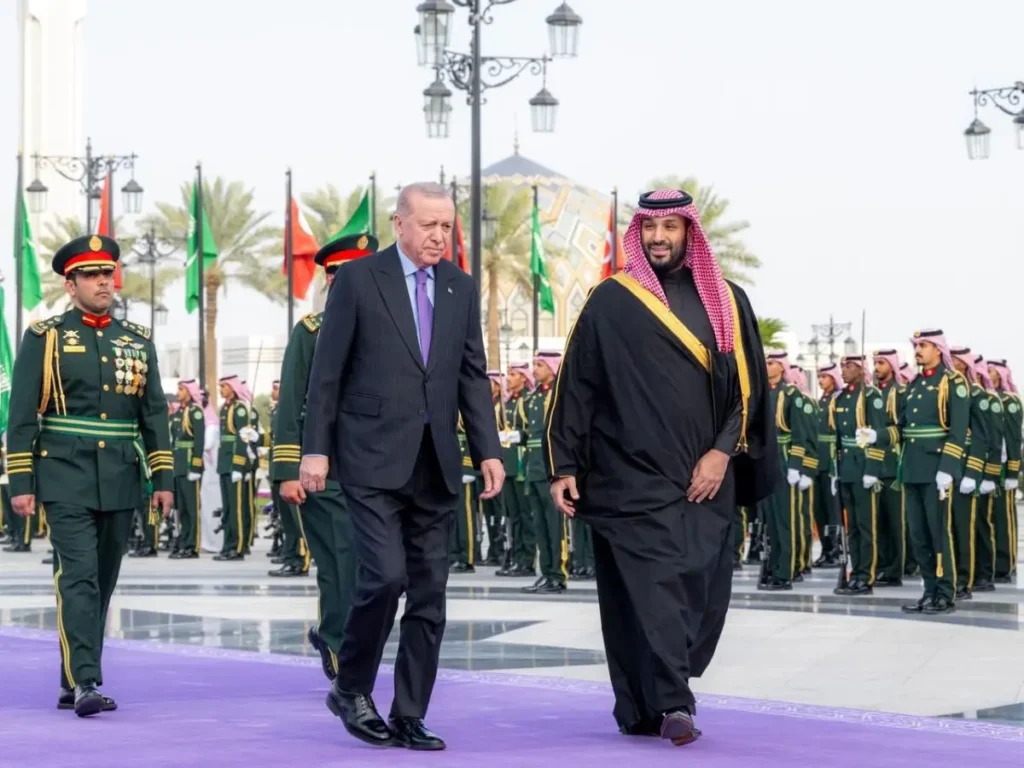
Syrian figures on Wednesday formally unveiled the “Political Council for Central and Western Syria,” positioning it as a representative platform for the coastal belt—Latakia, Tartus and parts of Homs and Hama—and as an advocate for a secular, federal system to end the cycle of armed rule.
In a recorded statement read by journalist and co-founder Kenan Waqaf, the council framed federalism as “replacing force with law” by devolving powers and creating clear rules of governance. Its program endorses UN Security Council Resolution 2254, calls for a transitional governing body, rejects single-party “de facto” rule, commits to an inclusive regional administration grounded in international covenants, demands the release of the forcibly disappeared, and urges referrals of grave crimes to the International Criminal Court alongside a Syria-specific special tribunal. It also calls for revoking what it terms illegitimate wartime naturalizations.
The announcement lands amid months of low-profile political organizing along the coast. Local interlocutors describe the council as the first umbrella “political entity” explicitly claiming to speak for the coastal region after years when individual personalities—some controversial—issued statements in its name. Supporters argue the structure gives domestic and foreign actors a single address for engagement.
A source familiar with the pre-launch outreach said one near-term goal is to secure recognition as a political representative of the coast, which has a large Alawite population that, the source says, endured attacks and reprisals during recent upheavals, particularly after March 6. The same source said the council seeks to channel demands that have ranged from administrative autonomy to full separation into a negotiated, law-based framework. “Forming the council removes the excuse that there is no political counterpart to deal with,” the source said, adding that sustained dialogue with influential states and international organizations is already underway.
The Alawite Islamic High Council in Syria and the Diaspora, in a separate message issued before the launch, said it was “open to every sincere effort,” and clarified that its Coordination and Public Relations Office is the authorized body for formal political contacts. It framed differences as “an opportunity to affirm collective awareness,” stressing unity of purpose and the primacy of popular will. Observers read the note as an attempt to avoid institutional overlap and to emphasize that the political council’s agenda is regional and civic rather than sectarian.
Advocates of the new council argue that a federal, secular architecture could de-escalate conflict by distributing security, fiscal and administrative powers while preserving national integrity—an approach they say aligns with 2254’s pathway to a transitional authority and elections. Critics caution that any federal blueprint will hinge on buy-in from armed actors and external patrons, meaningful guarantees for minorities across all regions, and credible mechanisms to free detainees and account for the missing.
Whether the council gains traction will depend on recognition, its ability to knit together disparate coastal networks, and progress on confidence-building steps it has elevated—justice for victims, release of the disappeared, and curbs on militia authority. For now, its founders cast the project as a bid to convert fragmented local initiatives into a structured interlocutor for any future settlement, one that, in their words, “replaces force with law.”



